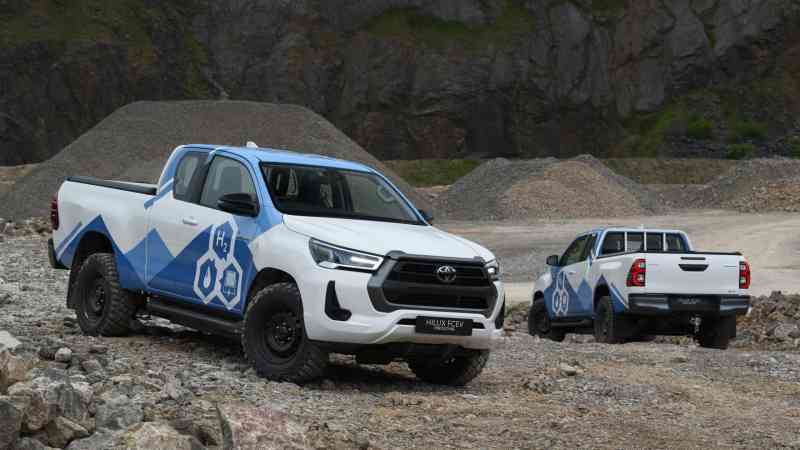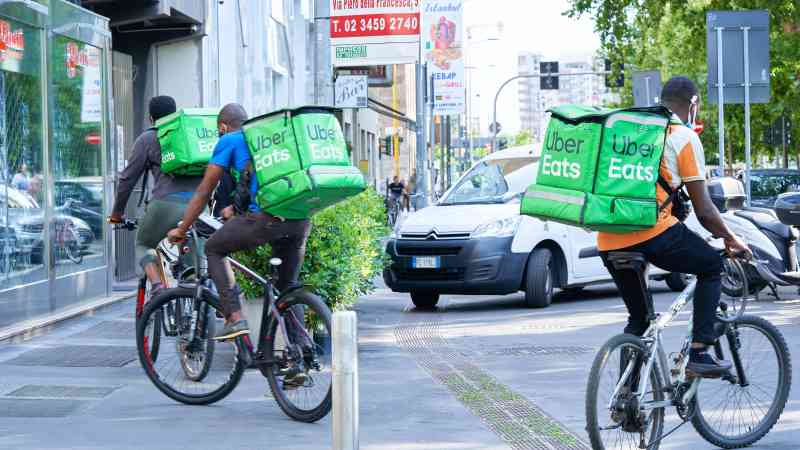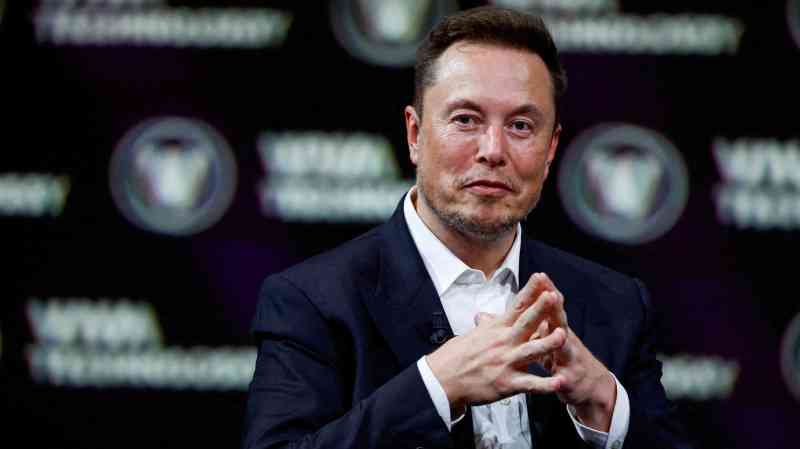British-built hydrogen pick-ups to star at Paris Olympics
British-built hydrogen-powered pick-up trucks are set to be among the stars at the Paris Olympics.
In an echo of the prototype electric Minis that buzzed around the Games in London 12 years ago, fuel-cell Toyota Hilux demonstrator vehicles developed and built at the Japanese carmaker’s facilities at Burnaston, Derbyshire, will be on show and working at the sporting extravaganza, which opens in France on July 26.
The hydrogen Hilux pick-ups are moving to the final phase of their testing. Confidence in the project has led to them being invited to both the Olympics and the Paralympic Games.
Toyota has built ten fuel-cell Hilux vehicles at Burnaston with a fully fuelled range of 370 miles. They have been in testing with potential customers, including the JCB diggers group.
The success of the project has led to speculation that when the hydrogen version of the Hilux gets the green light to move to commercial production, the Derbyshire plant could be in pole position to gain the work.
The support of JCB, which is based up the A52 in Staffordshire, says much for the hopes in the British automotive industry that hydrogen will get further government support to become an alternative zero-emission power source for heavier vehicles for which battery electric powertrains are not suitable.
The Bamford family behind JCB has been among the flag-wavers for a hydrogen transport future and has been developing diggers to run on the gas. Jo Bamford, 46, the son of Lord Bamford, the chairman of JCB, was behind the rescue of Wrightbus, the Northern Ireland bus-builder, and has wasted little time in getting hydrogen buses on the roads of Britain.
Toyota said: “We have successfully progressed the project to the stage of intensive prototype evaluation and demonstration, undergoing rigorous field testing to assess safety, performance, functionality and durability, generating test drive data in real-world situations.
“Toyota is laying the groundwork for a successful future hydrogen transport sector. Next-generation fuel-cell technology will offer longer life cycles, increased vehicle driving ranges and significantly reduced costs. Toyota expects Europe to be one of the world’s largest hydrogen fuel markets by 2030.”
Ineos, the chemicals company co-owned by Sir Jim Ratcliffe, the billionaire, is another to have embraced the potential of hydrogen by producing a demonstrator prototype version of the Ineos Grenadier, an offroader claimed to be the spiritual heir to the old-style Land Rover Defender, which has gone out of production.
However, Ineos has been sharply critical of the lack of government support for hydrogen to date, saying that without, for instance, the creation of a public hydrogen refuelling network in Britain, the fuel-cell Grenadier is not yet a commercial proposition.




Post Comment